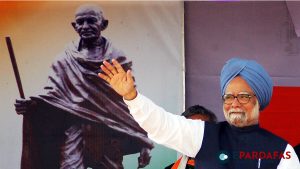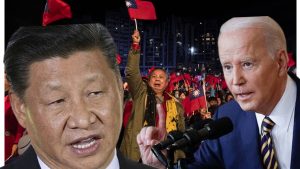
UK economy falls into recession, adding to Sunak’s election challenge

Britain’s economy fell into a recession in the second half of 2023, a tough backdrop for Prime Minister Rishi Sunak who has promised to boost growth ahead of an election expected later this year.
Gross domestic product (GDP) contracted by a worse-than-expected 0.3% in the three months to December, having shrunk by 0.1% between July and September, official data showed.
A Reuters poll of economists had pointed to a smaller 0.1% fall in the October-to-December period.
Sterling weakened against the dollar and the euro. Investors added to their bets on the Bank of England (BoE) cutting interest rates this year and businesses called for more help from the government in a budget plan due on March 6.
“Businesses were already under no illusion about the difficulties they face, and this news will no doubt ring alarm bells for government,” Alex Veitch, director of policy and insight at the British Chambers of Commerce, said.
“The chancellor must use his budget in just under three weeks’ time to set out a clear pathway for firms and the economy to grow.”
Finance minister Jeremy Hunt said there were “signs the British economy is turning a corner” and “we must stick to the plan – cutting taxes on work and business to build a stronger economy.”
Media reports said Hunt was seeking to cut billions of pounds from public spending plans to fund pre-election tax cuts in his budget, if penned in by tight finances.
The Office for National Statistics (ONS) said the economy grew 0.1% across 2023 compared with 2022. The BoE has said it expects output to pick up slightly in 2024 but only to 0.25% growth.
Britain’s economy has been stagnating for nearly two years, though recessions in the country have become increasingly rare as the economy grows larger and more mature.
The COVID-19 pandemic triggered the deepest contraction on record over two quarters in early 2020. Before that the global financial crisis sparked a severe recession that lasted just over a year, from the second quarter of 2008 through to the second quarter of 2009.
Data on Wednesday showed inflation held at a lower-than-expected 4.0% in January, reviving talk among investors about a BoE rate cut as soon as June. But strong wage growth reported on Tuesday underscored why the BoE remains cautious.
The fall in GDP in the fourth quarter was the biggest since the first three months of 2021 when Britain imposed new COVID-19 restrictions.
Economic output fell by 0.1% in monthly terms in December after 0.2% growth in November, the ONS said. The Reuters poll had pointed to a 0.2% fall in December.
The ONS said the manufacturing, construction and wholesale sectors were the largest contributors to the decrease in GDP over the last three months of last year.
GDP per person dropped in every quarter of 2023 and has not grown since early 2022, representing the longest such run since records began in 1955.












Comments